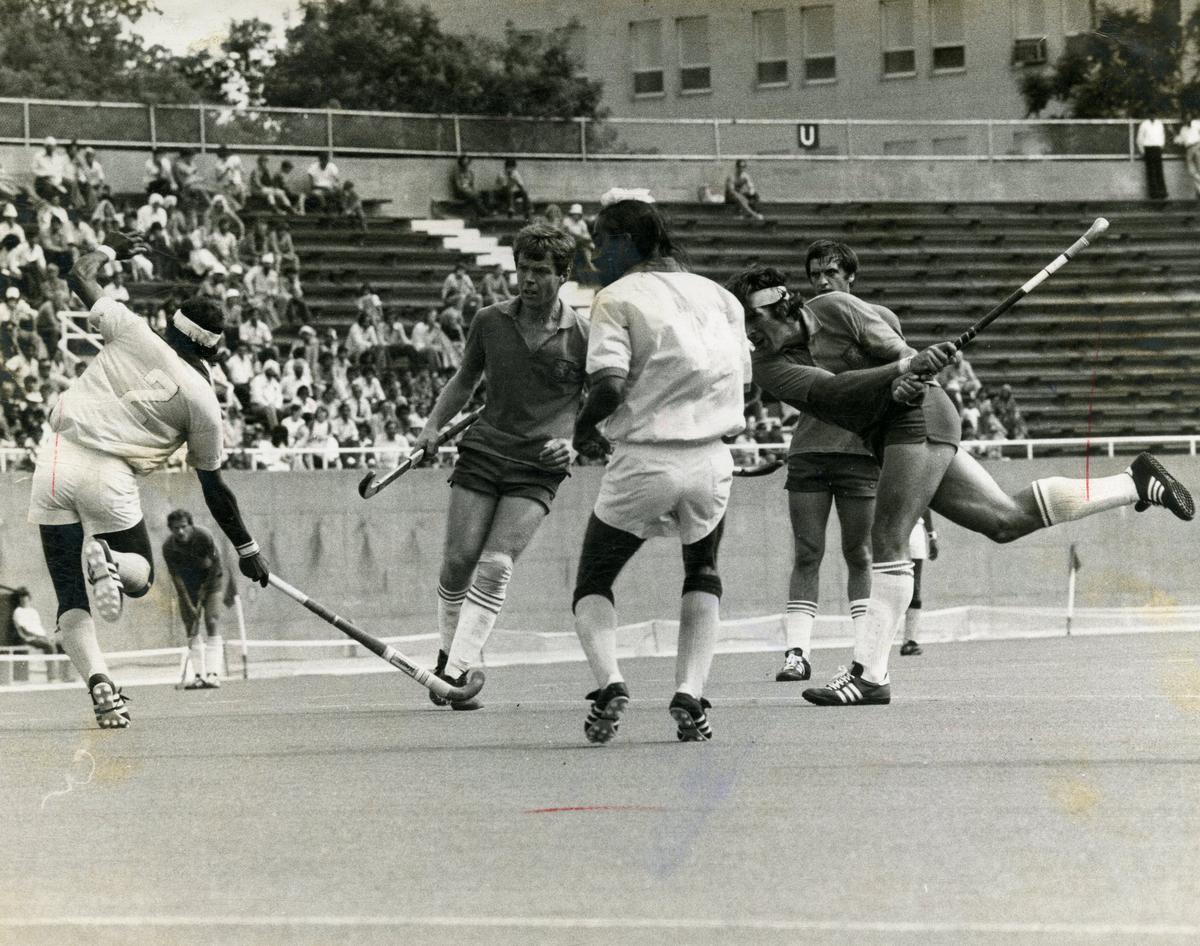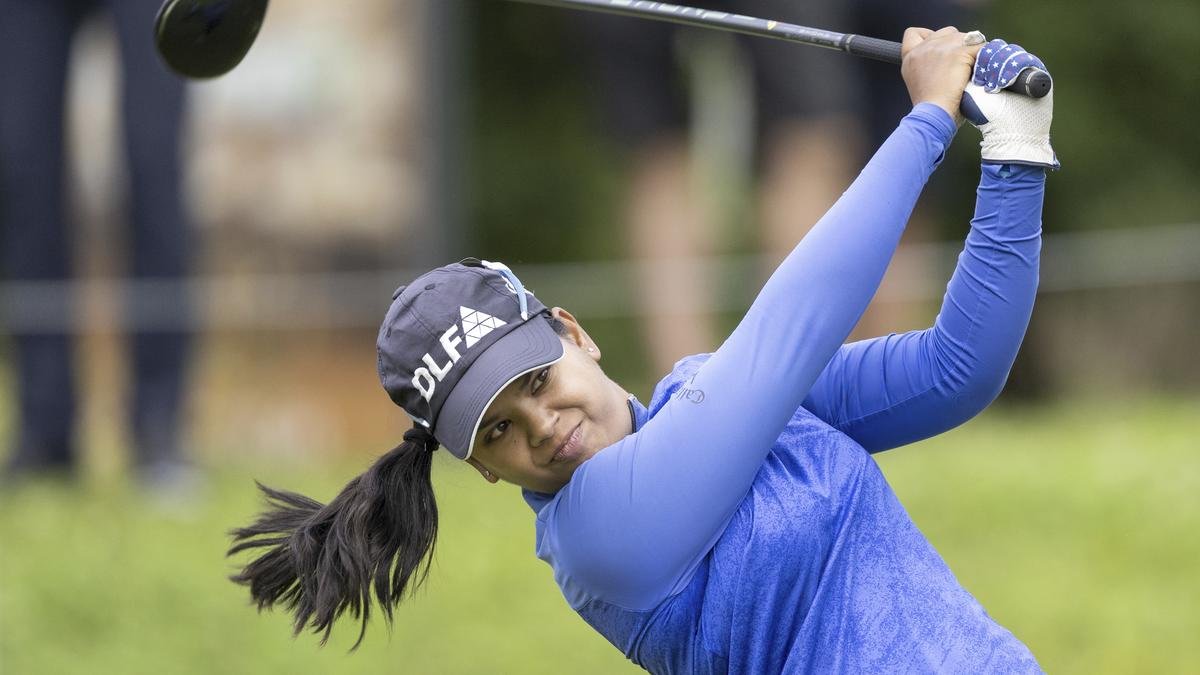Winning the 1975 World Cup with a classic triumph over Pakistan in the final in Kuala Lumpur was my most memorable moment on the field. It was epic, as hailed by many of the game’s experts. Pakistan was a strong opponent, but we were a determined team with a champion player in each match rising to the occasion.
It was natural for the team to be excited about the Montreal Olympics. We were the world champions and the favourites, and we believed we had a strong team to win the gold. But things went awry when the authorities decided to play the game on artificial surfaces. It turned out to be a big blow to Indian hockey.
At the preparatory camp in Patiala, the Indian experts found a desi solution for us. Cow dung was spread on the entire field, and we were told to practice once it had dried. That was our substitute for astro turf. I ended up with two broken teeth.
We visited Paris a month before the Olympics to get a feel of the astroturf. It was exciting, but some of us got injured due to the fast pace of the surface. One of our seniors had a collarbone injury, but he continued. From Paris, we went to Toronto where we beat New Zealand in one of the trial matches. New Zealand went on to win the gold at the Olympics.
There were some issues related to financial matters. The team officials had collected some money from the locals, but some of the players did not like the arrangement. A letter was drafted to complain to the hockey federation to step in and clear the matter. Some of the senior players were unhappy with the development.

Olympic hockey tournament at the 1976 Montreal Olympics where quite surprisingly Holland beat India 3:1.
| Photo Credit:
THE HINDU ARCHIVES
Olympic hockey tournament at the 1976 Montreal Olympics where quite surprisingly Holland beat India 3:1.
| Photo Credit:
THE HINDU ARCHIVES
We departed for Montreal and played some matches according to form. We were locked with Australia in the league with the same number of points, and the replay was decided on penalty strokes. We had lost the first game 6-1 and the replay 5-4 on strokes. At the end of the first match, I made a dreadful decision to end my life. I thought I had let the team down.
We were on the 19th floor, and I just decided to jump from the balcony. I was contemplating hard. Meanwhile, my colleague, Virender Singh, had been watching me and took me inside the room. He spoke to me and talked me out of the decision. I know I would have never been able to make my point had I jumped that day. No one knows about that incident. Not even my family. They will learn about it when they read this interview.
When we returned, there was an inquiry on the letter written to the federation. Some players chickened out. I suffered because I spoke out against the managers. I was dropped from the team. I decided to prove them wrong. I was recalled for the 1981 World Cup in Bombay as a vice-captain of the team. After that World Cup, I announced my retirement, and I went to the United States to work there for two years.
The locals offered me a green card to enable me to play for the U.S. team in the 1984 Olympics. I could not because my mother forced me to return to India and fixed my marriage.
The astroturf proved a disaster for us. We did not even have helmets, and our protective equipment needed to be of better quality. Our officials were at fault. They needed to take proper measures.
When I came back from Montreal, I had a tough life. People would make fun of me for having conceded six goals. The stigma took time to be erased. It is not easy for a sportsman in such times. You feel lonely and end up making it tough for yourself.
The Games Village was a unique experience. We had some fantastic athletes. I met Ric Charlesworth and Paul Litjens. Watching Sriram Singh, Srinath Singh, Hari Chand, and T. C. Yohannan was great. It was beautiful as we would meet for breakfast and dinner. We made friends. The boycott of the African nations, however, impacted the atmosphere at the Village. I was also friendly with the Pakistan players.
It took me time to recover from the significant loss to Australia in Montreal. Sometimes, I reflect on those times when goalkeepers were under tremendous pressure. You play well, and they all applaud. You make one mistake, and they savage you. But things improved. I went to the Asian Games as the women’s team coach and was honoured with the Dhyanchand Award, the first to win in hockey. I have no regrets.
As told to Vijay Lokapally





